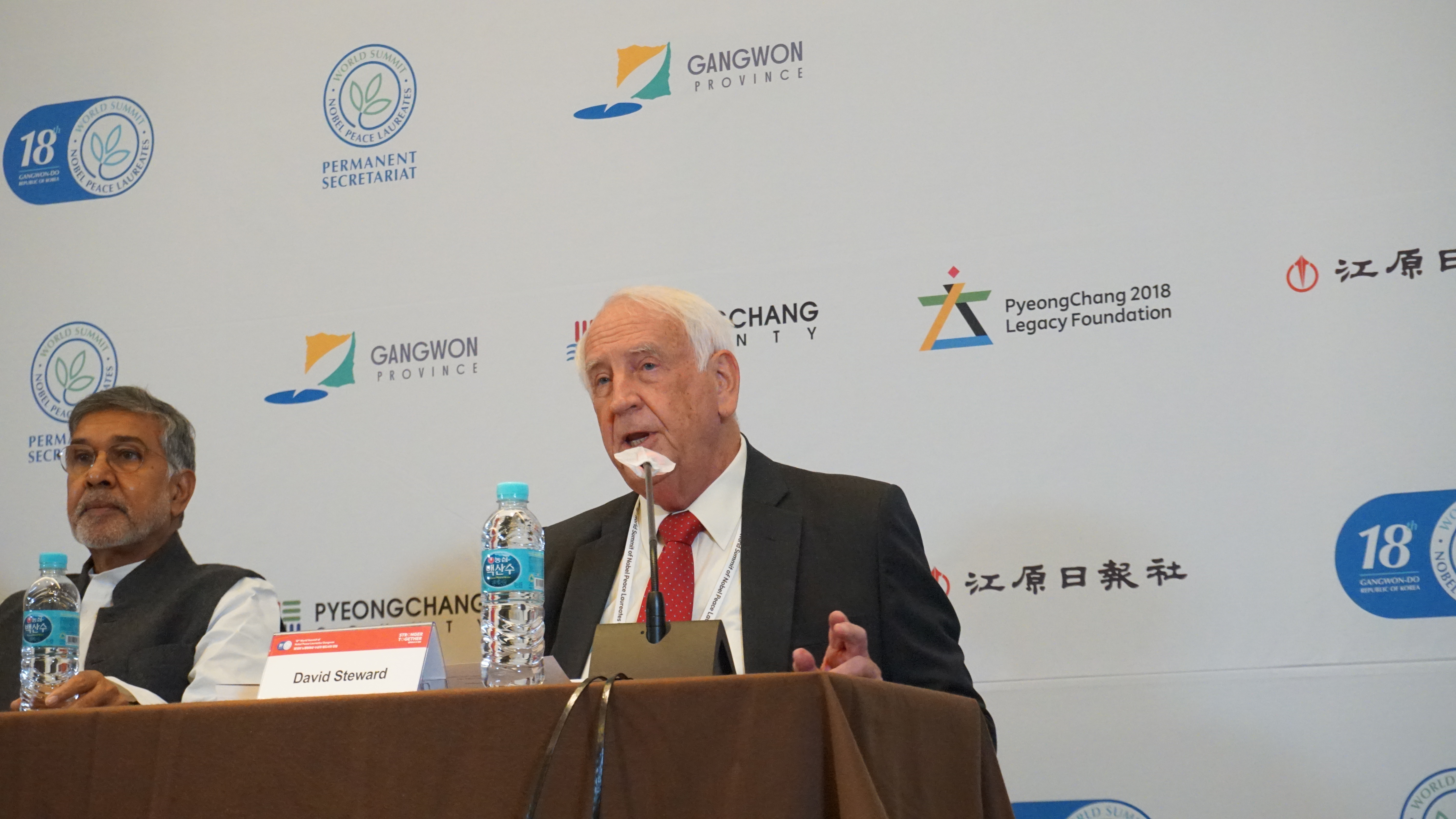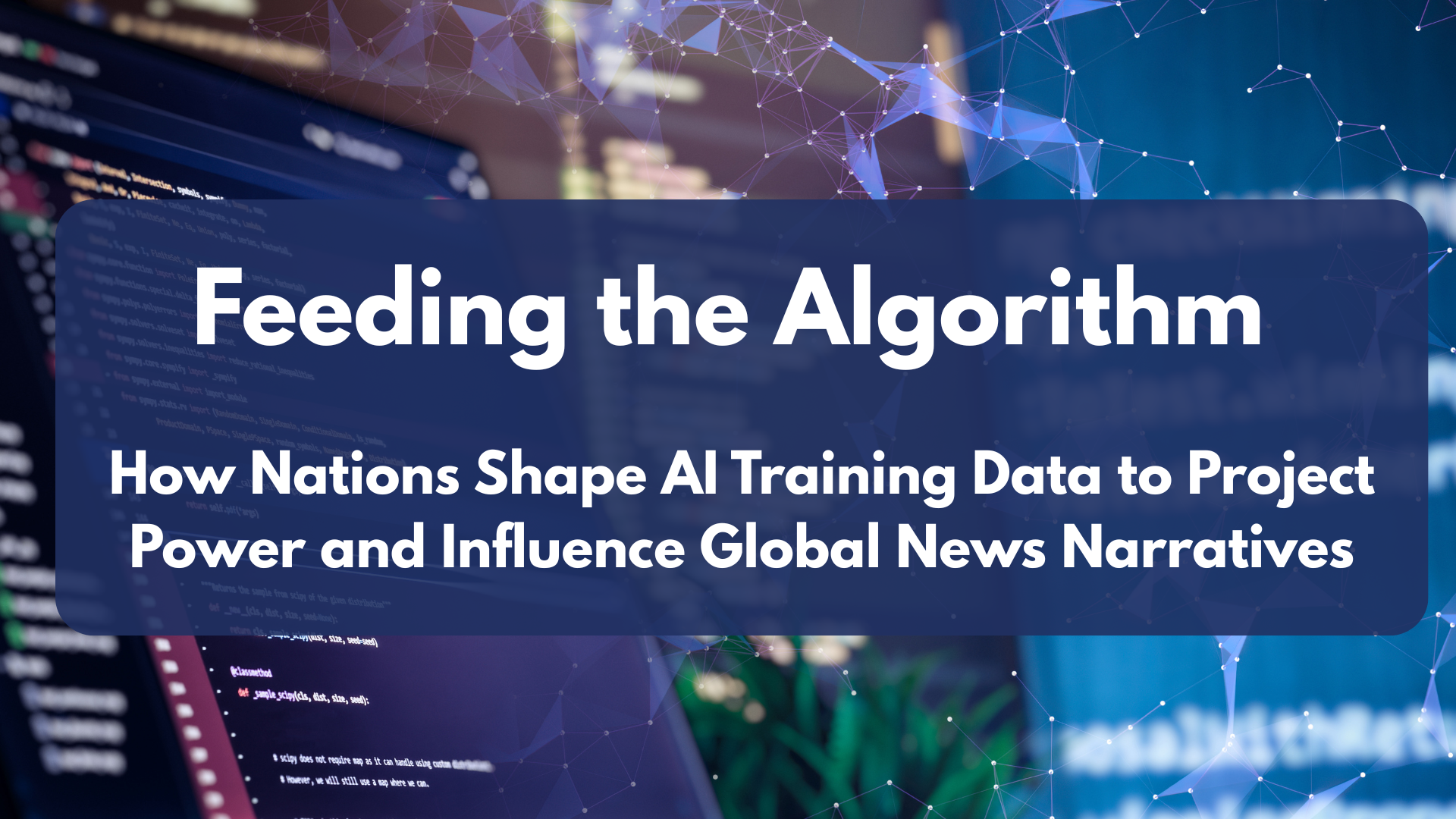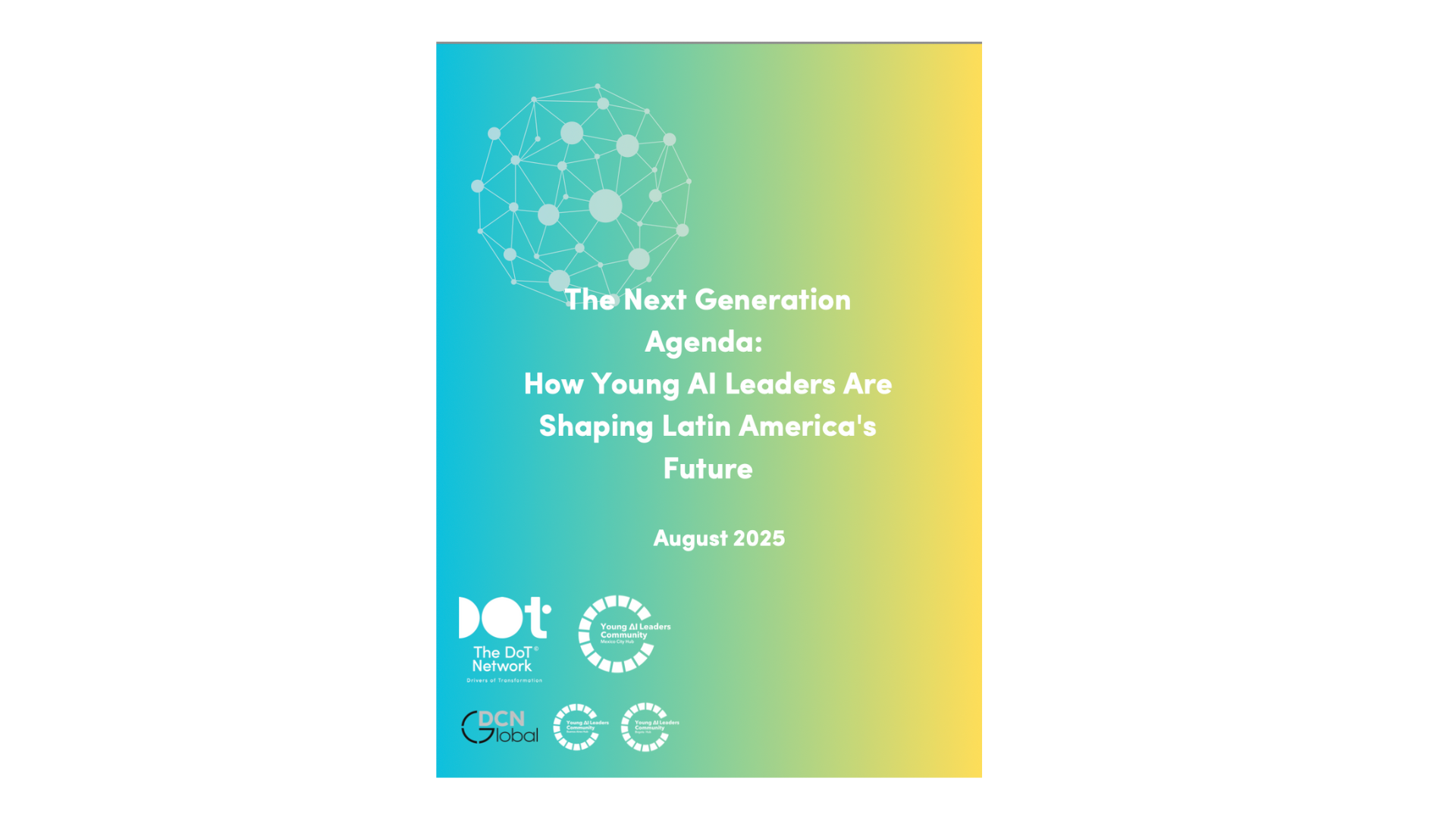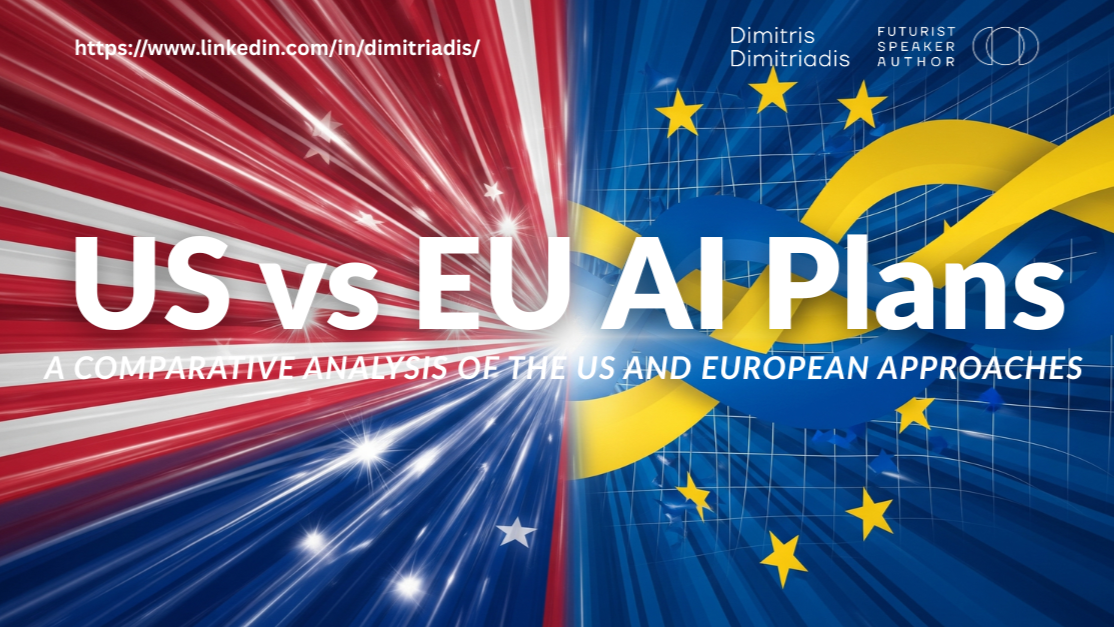Last December, we attended the 18th Nobel Peace Summit in Pyeongchang, South Korea. With the goal of promoting the global peace agenda, the conference brought together Nobel Peace Laureates, NGOs, and peacebuilding foundations under the motto "Stronger Together". This year the conference wanted to focus on the value of community as the foundation of social peace, dialogue, and brotherhood among peoples.
To understand the steps needed to reach lasting peace, we asked David Steward, chairman of the 1993 Nobel Peace winner F.W. de Klerk Foundation, to tell us his perspective as he was closely involved in South Africa’s constitutional negotiations as President F.W. de Klerk’s Office’s Director General.
Indeed, between 1990 and 1993, violence and boycotts tried in every possible way/meaning to derail the Convention for a Democratic South Africa (CODESA). Despite all these challenges, the process successfully culminated with the adoption of a non-racial, ad interim constitution and the first South African universal election on 27 April 1994.
Starting from your experience at President FW de Klerk’s, can you spell out the circumstances that are necessary when you are negotiating peace?
First one is that all sides must genuinely buy into negotiations: thy must abandon the idea of achieving their goals through force. It's only when that happens that parties are prepared to sit down around the same table and do a deal. Once they sit down, another rule is that anybody who can affect the outcome of the process must be represented.
One of the problems we had in our process was that, at one stage, the African National Congress (ANC) jumped off the wagon and boycotted the talks. At a later stage, the third largest party in Khartoum, Freedom Party, abandoned the negotiations and didn't return until eight days before the election. So, inclusivity is important.
Another important thing is the win-win outcomes: that means that all sides must make painful compromises. If one side emerges from the negotiations with everything it wanted in the beginning, then the negotiations are probably not going to work. Everybody is going to take a little bit of pain.
Nobody is going to get the idea of the outcome that they wanted, but they get something that they can live with, and that can provide the foundation for peace. So that's worth it.
Another factor that is personality. You need to have the right people. We were lucky because although political opponents, de Klerk and Nelson Mandela, managed to get together at critical moments, to reach deals. And it's not easy.
In any peace process there will be radicals from all sides. People who do not want negotiations, who are interested in continuing the struggle and will do horrible things. They will probably commit terrorist acts to try derail the negotiations. But we cannot let them have a veto, and we must continue the process regardless of the many crises we will encounter. But at the end of the day, the dividend of peace makes all these things worthwhile. That is the outcome. That is what we all want to achieve when we start the process.
Finally, we must also realise that we could never reach a solution to everything in human relations. Once reached the agreement, we must redouble our efforts to ensure the agreement is maintained.
What is the role of the media in the negotiation process?
Well, it depends. And in some respects, media can play a really, really important role. So, for example, in South Africa now, we have been able to maintain and defend our Constitution primarily because of the role of investigative journalists who exposed corruption in the government at the highest levels. They've been supported by non-governmental organisations and by our independent courts. Combining investigative journalists, activists, non-governmental organisations, and independent courts is often essential to maintain democracy, not to challenge your opinions.
That’s when peace has already been achieved, what about an ongoing conflicts?
Well, in the heady days of the mid-1980s, the media played a very negative role to begin with because there was widespread unrest which took place in conjunction with coverage by international TV companies.
It wasn't really informing anybody about what was happening. And this is where I think the TV evening news is deficient. It is not easy to sum up a situation in the 45 seconds. So, for me, the challenge is always for journalists in a situation like that is to really try to get behind the story, not to buy the accepted wisdom from any side, but to dig in, to dig in, to dig and keep trying to get to the heart of the issues that are really motivating the different forces.
If you don't do that, you're not going to inform your audiences and your readers of what's really happening. It's so easy just to gravitate toward the accepted wisdom. In fact, in some respects, if you don't, if you express a view that's not in line with the accepted wisdom, your story probably won't get printed.
That is the that is the real challenge, particularly in a world in which there's so much polarization and where the world has looks quite different from the perspective of CNN and FOX. You wouldn't believe you're in the same place.
Indeed, journalists struggles to have their stories published as well as to survive in the field. In 2022, 66 journalists have been killed while on duty. It seems that media are increasingly considered as part of the conflict.
Well, journalists have always been the target and they were the target in South Africa and Africans civil wars. It takes real courage to cover those wars, but it takes even more courage to express the dissenting opinion. Today, a good journalist will go to Ukraine and will listen to both sides and try to find a basis for an objective assessment and not a one-sided story. Only by taking as many sides as there are observers you are really informing your audience.
So, for example, there was a huge civil war in Congo, but it was not popular. The media did not cover it at one time. It is always where the cameras are pointing that gives you the story and that creates the reality in people's minds.
You must keep on questioning things so that you come out with the right solutions in the end. And that, I think, is a challenge for journalists, because these days, if you do not agree with the consensus, it's a good chance that you won’t be published, or you will be cancelled.
What is the added value of such a Summit when comes to put a spotlight on neglected conflicts?
As I say, it's all about where the cameras are looking at. For example, because of COVID, in South Africa we lost 2,000 people; at the same time, we continued to lose 160,000 people because of AIDS.
But then, news stories about each death were a tragedy. We thought we'd solved the problem through antiretrovirals, and nobody in South Africa can really find that statistic of how many people have died of AIDS. But it’s between 4,5 and 5 million people, which is the biggest human tragedy we've ever had. And yet this there are no memorials, no place to grieve.
Speaking about memory, why is it so important to remember the past when dealing to conflicts?
In South Africa, dealing with the past was one of our greatest challenges. We found it easy to initiate about the future because most people want the same things for their kids: security, good education, and prosperity. But when getting to the past, we were running across a minefield because there are so many emotions. Dealing with the past becomes a really, important aspect of peace-making. We didn't do it directly, but I believe we need a truth and reconciliation commission representing all sides involved in the conflict.
Everyone should be almost forced to reach agreement on past emotion. We didn't do that. It was just one-sided version of the past which do not promote reconciling.
I don't think that dealing with the past happened in Korea too: that would probably follow once there is reunification. When you have reached agreement on the fact that you must start unravelling the past and dealing with it. And of course, in that case, it would be how to reconcile those people who supported the regime and the North that has deprived people of their liberty, their freedom and of their rights.
What is the role that young people can play in the peace-negotiation process?
I think young people can inspire society to work a little bit harder because they're the people who are going to have to sit with the results. Another thing is that young people should learn as much as possible about the process and to question everything they hear, especially from experts, and not accept anything that doesn't make sense. If you have a professor, a teacher and an authority figure who says something you disagree with, ask “Why is that so?”. Very often they have very good reasons.
Youngs should keep on digging, keep on trying to find out as much as they can. Keep trying to break down preconceptions. Keep questioning yourself about your own preconceptions. I think that's the way to really start to understand the challenges that confront us.



